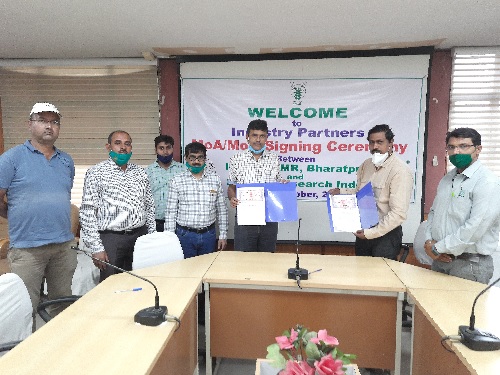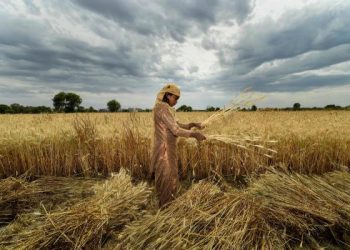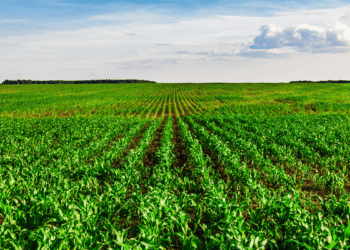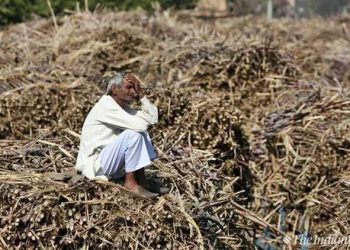TAD News Desk, New Delhi: A memorandum of understanding has been signed between Rajasthan’s ICAR-DRMR, Bharatpur and Hyderabad’s M/s Bioseed research India for licensing of Rapeseed-mustard hybrid NRCHB-506. India contributes 12 percent of the world’s rapeseed-mustard production placed only after China and Canada. Most important and third most edible oilseed in the world, rapeseed-mustard is produced in adequate amounts in India.
Light loam soils are best suited for these crops rather than water-logging or heavy soil. Proper growth and development of these crops would be facilitated by soil with neutral pH. During the licensing of rapeseed-mustard hybrid-NRCHB-506, Dr Muner Kumar Singh, representative of M/s Bioseed research India and Dr P.K. Rai, director of ICAR-DRMR, represented their organization during the signing of MoU. Few senior officials of PME, ITMU and ITMC were also present during the ceremony.
Dr P.K. Rai in his statement talked about the hybrid seed role in the production, commercializing and yielding high production of various varieties. Thus hybrid seeds would help many crops, which would be brought under this plan and they too will become high yielding crops.
Dr Rai’s statement made it crystal that the primary focus is on increasing the production of oilseeds. He also emphasized on other high yielding varieties which are ready for production and commercialization.
These hybrids would boost our agricultural economy through not only their high yields and properties but huge international demands.
Rapeseed-mustard hybrid would get successfully commercialized as the farmers of one seed would now prefer planting the hybrid seed, which would impart the best characteristic of both – mustard and rapeseed. Oils of these plants would hold high market value.
It is a matter of time in which how seeds would impact consumers and farmers and will it be boon or bane, will be apparent and let’s hope for the boost in the agricultural economy through this.
Source: Krishi Jagran








